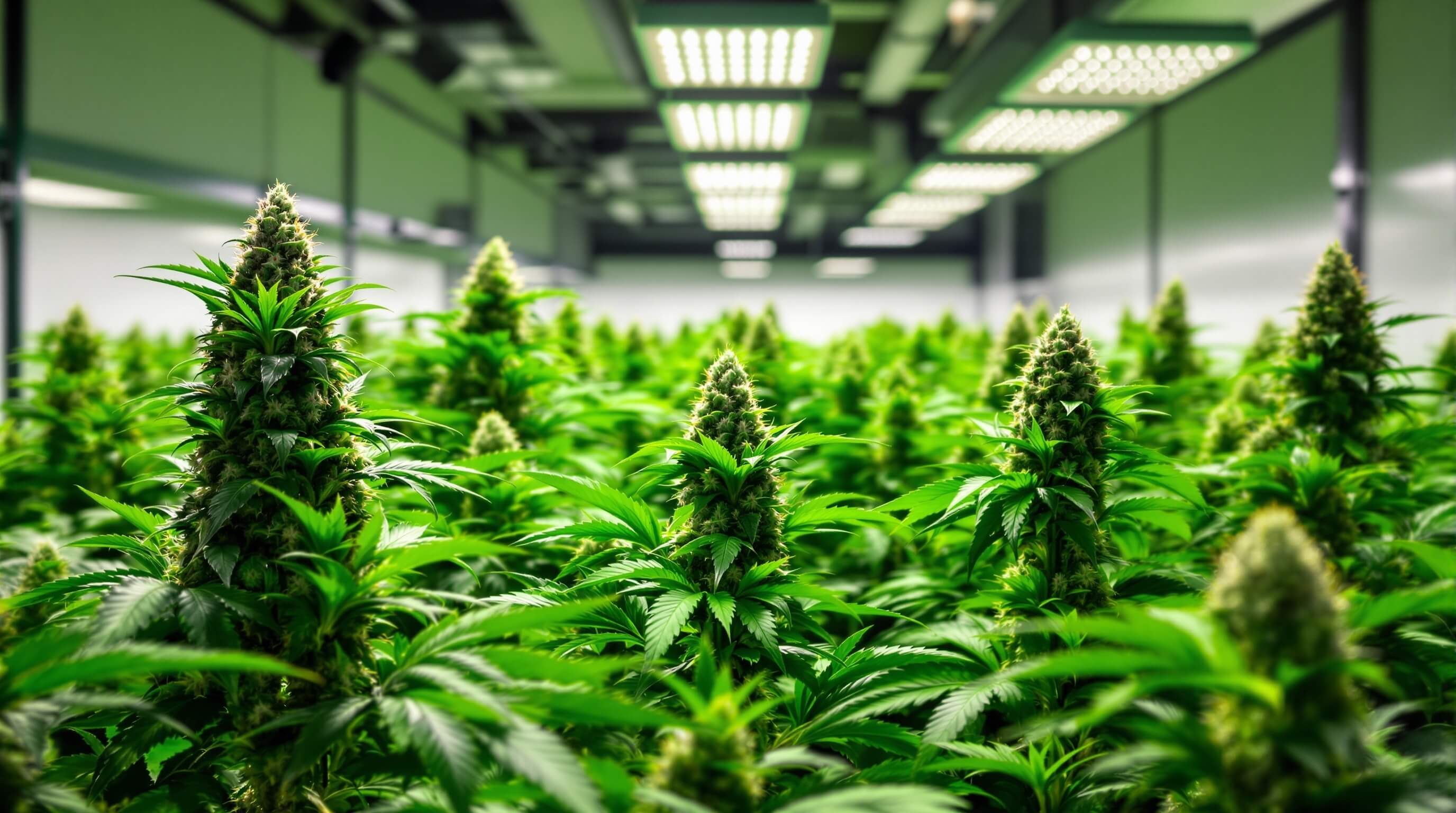While federal marijuana policy sits in regulatory limbo, the cannabis industry faces a pivotal moment that could reshape everything from banking access to tax obligations. Chicago’s cannabis businesses, like their counterparts nationwide, are watching closely as the DEA prepares its final decision on rescheduling marijuana from Schedule I to Schedule III in the coming months.
The reclassification journey began in August 2023 when the Department of Health and Human Services recommended moving marijuana from the same category as heroin to Schedule III, recognizing its accepted medical uses. The DOJ affirmed this scientific evaluation in April 2024, followed by a proposed rule in May. However, appeals have postponed hearings until this year, leaving the industry in suspense.
The cannabis reclassification timeline spans from August 2023’s HHS recommendation through ongoing appeals, keeping the industry waiting for regulatory certainty.
For Chicago’s cannabis operators, the most immediate relief would come through eliminating IRS Section 280E penalties. This provision currently prohibits cannabis businesses from deducting ordinary expenses like rent, salaries, and marketing costs, a crushing burden that can push effective tax rates above 70 percent. Schedule III reclassification would restore standard business deductions and tax credits, potentially saving companies hundreds of thousands annually. One catch: some GOP legislators are attempting to block these newfound deductions through contradictory bills.
Banking remains another critical challenge for Chicago dispensaries and cultivation facilities. Federal illegality under Schedule I forces most cannabis businesses into cash-only operations, creating security risks and operational headaches. While Schedule III wouldn’t fully legalize marijuana, it could encourage more financial institutions to work with licensed operators. The stalled SAFE Banking Act would provide clearer protections, but reclassification might accomplish similar goals through regulatory shifts.
Medical research could see dramatic improvements under Schedule III status. Currently, researchers face extensive DEA registration requirements and oversight barriers that limit clinical studies. Reclassification would enable larger trials examining cannabis effectiveness for chronic pain, epilepsy, and other conditions potentially expanding patient access in Illinois and beyond. The shift acknowledges cannabis has therapeutic value for various medical conditions, addressing a fundamental scientific misclassification.
However, challenges persist even with reclassification. State-licensed dispensaries may need DEA pharmacy registration, while cannabis products would face FDA oversight under federal drug laws. Federal trademark protections and bankruptcy options remain restricted since marijuana would still be federally controlled. Whole-plant cannabis products would require FDA approval before becoming available in traditional pharmacies, maintaining significant regulatory barriers.
The DEA received over 42,000 public comments on their rescheduling proposal, demonstrating widespread interest in the outcome. Chicago’s cannabis industry stands at a crossroads where federal policy changes could either provide substantial relief or create new regulatory burdens. The DEA’s upcoming decision will determine whether Illinois operators can finally access the banking, tax benefits, and research opportunities that other industries take for granted. Until then, the waiting game continues.










